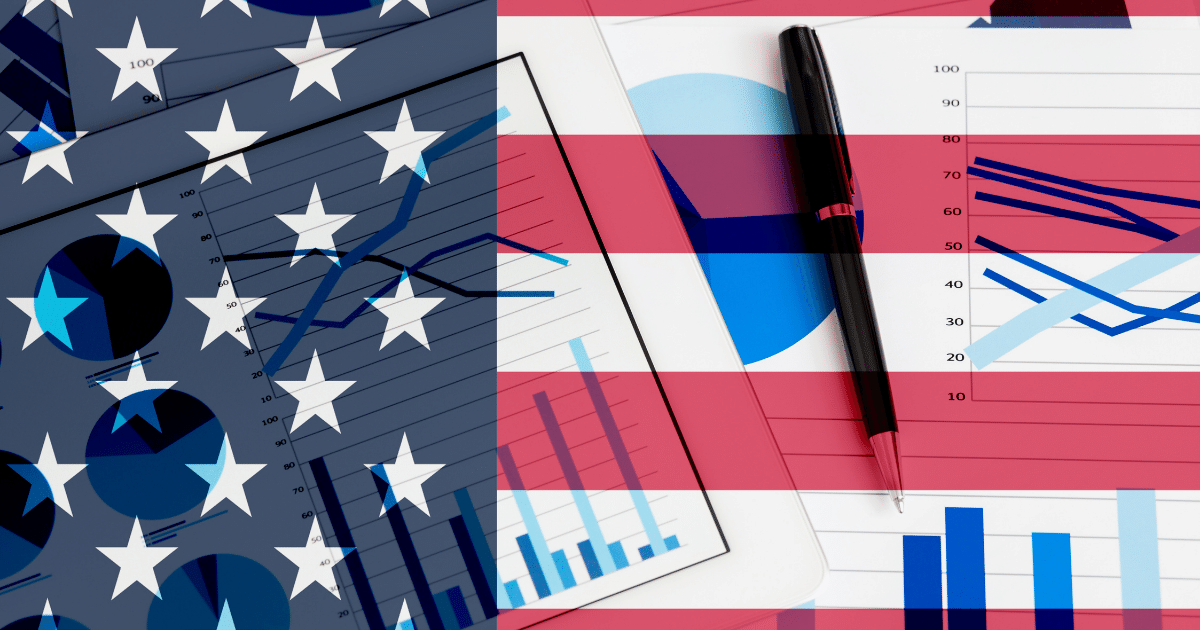U.S. Justice Department Joins Whistleblower Reward Movement
The role of whistleblowing in the financial realm has been a driving force in identifying and mitigating fraud and other forms of corporate misconduct for decades. As such, varying departments and bureaus of the United States government including the Securities and Exchange Commission (SEC), Internal Revenue Service (IRS), and the Commodity Futures Trading Commission (CFTC) have offered expanded protections and even monetary awards to those choosing to come forward with pertinent information that leads to potential convictions against entire firms and those acting unethically within them. Whistleblower rewards are generally dependent upon a number of factors, including how detailed the information provided about the misconduct is and the ultimate total of the monetary sanctions received by the respective department (i.e. whistleblower rewards for the aforementioned departments can range from 10% to 30% of the total funds collected in a case). The potential of such a reward has been enough to spur significant increases in reporting overall to date across these entities however, which bodes well for the health of the American financial system altogether moving forward.
Given these results, the United States Department of Justice (DOJ) is now attempting to join the party in incentivizing individuals and entire companies to self-report wrongdoing. More specifically, the DOJ wants companies acquiring businesses to crack down on suspicious activity during merger and acquisition (M&A) process. In exchange for timely reporting, the DOJ is promising leniency and even immunity from prosecution. DOJ representatives have gone on record reporting that in these cases, they will not prosecute a firm making an acquisition, granted that this business voluntarily discloses these potential improprieties within six months of such a deal closing. Companies must also fully comply with all applicable regulators and/or law enforcement bodies while making an attempt to remediate the identified problem(s). If a respective company fails to perform its duties in this regard however, the acquiring firm – as well as the potential bad actor(s) they acquired as part of the deal – can be prosecuted to the fullest extent of the law.
“Our goal is simple: Good companies—those that invest in strong compliance programs—will not be penalized for lawfully acquiring companies when they do their due diligence and discover and self-disclose misconduct,” stated Deputy Attorney General Lisa Monaco at the recent Society of Corporate Compliance and Ethics conference in Chicago.2
The new policy is to be implemented across all divisions of the Justice Department, all of which will be tailoring it to support their respective needs/requirements. At current, the policy would only apply to “criminal conduct discovered in bonafide, arm’s-length M&A transactions” and will not affect civil merger enforcement.2 Each division will also have the authority to extend the leniency time frame beyond six months if they see fit. The DOJ acknowledges that some cases may be much more complex than other and can justify extension periods to sift through more tangled webs of information. However, Attorney General Monaco warns that this is not to be taken advantage of, noting that the reporting timetable will remain fluid on a case-by-case basis to avoid potential abuse by covered parties. Monaco also said that companies must demonstrate that they are acting in a timely manner with respect to performing their proper due-diligence and making an appropriate response to any identified problems in order to benefit from the new policy. All told, Monaco pointed to the importance of maintaining ongoing regulatory compliance during these processes, adding that “compliance must have a prominent seat at the deal table if an acquiring company wishes to effectively de-risk a transaction.”1
The Justice Department appears to be continuing its trend of encouraging companies to do the bulk of their work for them via voluntary self-disclosure policies initially brought forth by the Biden Administration. Essentially the goal is to incentivize companies to sell out any bad actors themselves so that the DOJ does not have to expend the resources to initiate an investigation from the ground up. These proceedings are widely viewed as a win-win, as companies cover themselves from prosecution, sanctions and costly legal battles and the DOJ gets to sit back and let the reports come to them. However, the pressure will undoubtedly be on companies being forced to meet the current six-month reporting criteria, this in addition to completing all of the additional processes that accompany completing a M&A deal.
The Justice Department is already gearing up for the uptick in new cases that are likely to follow the announcement. They will reportedly be adding 25+ new corporate crime prosecutors to its national security division while also increasing (by 40%) the number of prosecutors in the criminal division’s bank integrity unit, tasked with investigating financial institutions over potential violations of sanctions and anti-money-laundering law.2 The best strategy for companies, especially financial institutions, would be to make sure their compliance protocols are up to date and remain well-staffed with trained compliance personnel who are already vigilant in sniffing out anything suspicious.
Citations
- “Deputy Attorney General Lisa O. Monaco Announces New Safe Harbor Policy for Voluntary Self-Disclosures Made in Connection with Mergers and Acquisitions.” Office of Public Affairs, U.S. Department of Justice, 4 Oct. 2023.
- Sun, Mengqi. “DOJ Offers More Incentives to Self-Report Wrongdoing in M&A Transactions.” The Wall Street Journal, Dow Jones & Company, 4 Oct. 2023.

